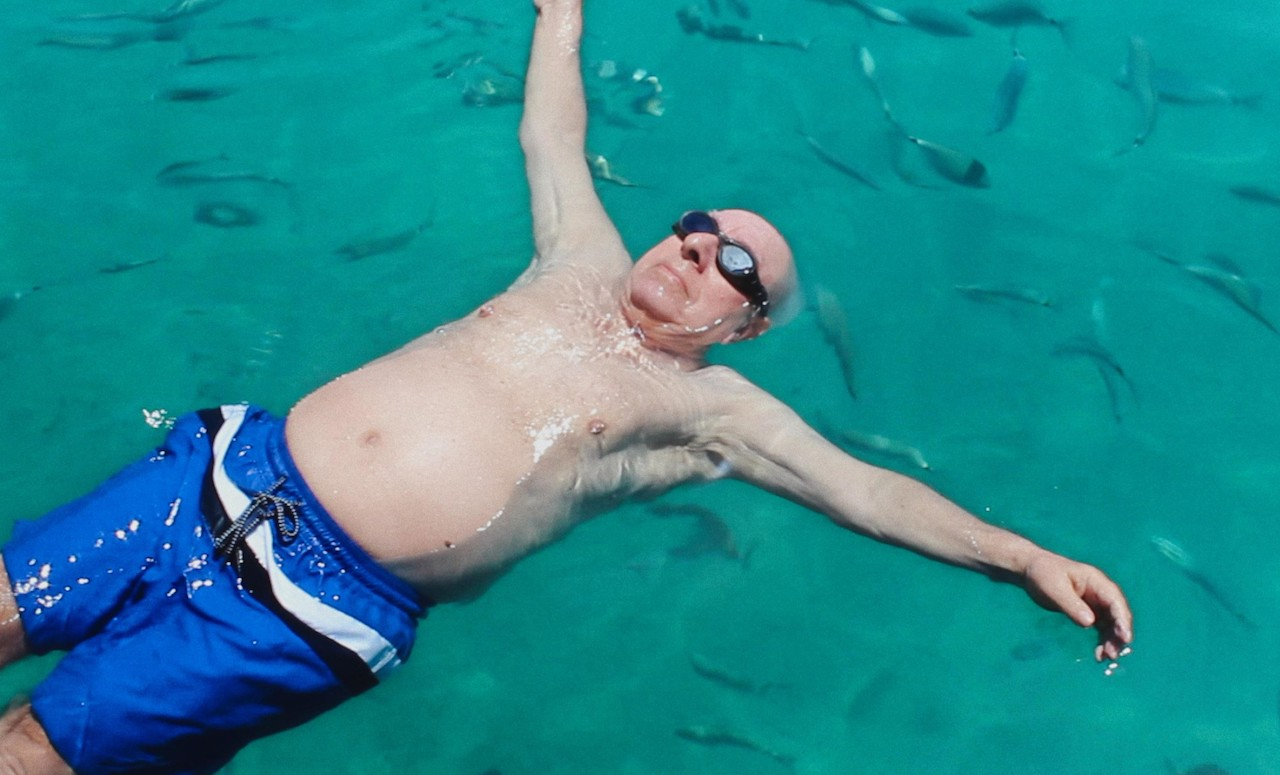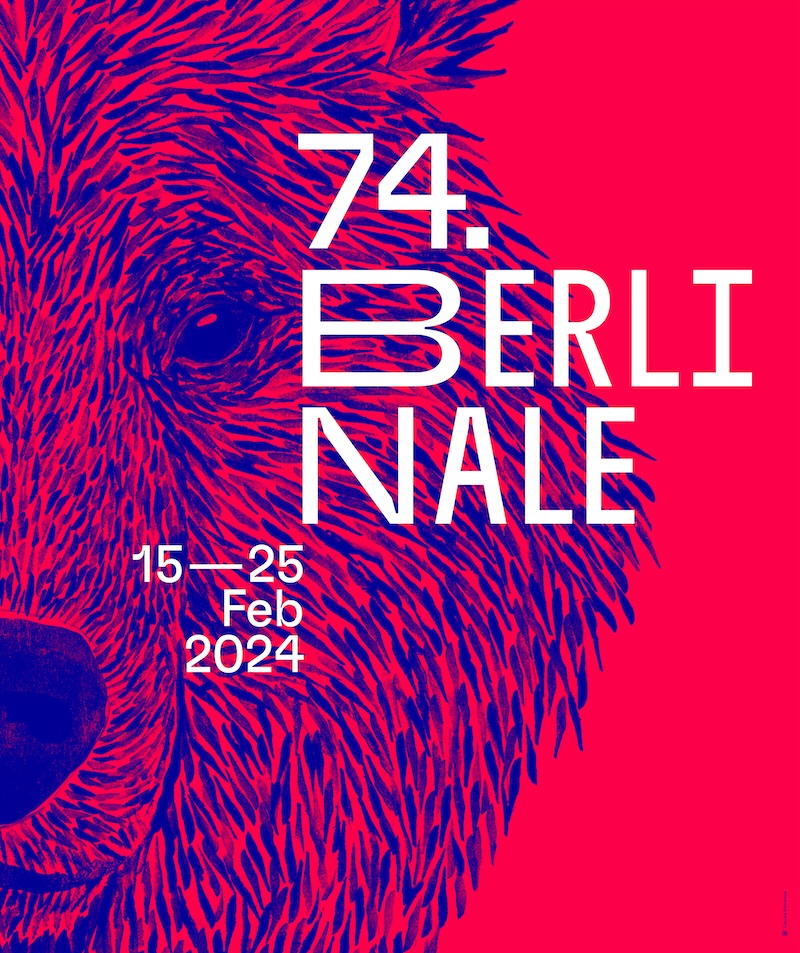“Being a filmmaker requires you to emotionally detach from your anxieties”: Asli Özge on Faruk at Berlin Film Festival 2024

Asli Özge, a veteran Turkish filmmaker, is back with her most personal work to this date. Faruk, an intimate pseudo-documentary with a few fictional elements, is a poignant insight into the life of her father, a respectable figure in the Turkish community, who, although 90 years old, rebels against the demolition of the building he has been living in for many decades. The Upcoming sat down with the director during Berlinale 2024 to discuss the film’s premise and Özge’s relationship with her father.
Was it challenging to encourage your father to participate in this film? How did you approach this documentary?
Our families are always our first audiences. That being said, whenever I have been working on my films, people like my dad or my uncle (who is also in the movie) have always been my first viewers. Through the years, they have always been asking when they are going to be able to act in my films. “When is our turn?” they used to say. It was an ongoing subject, so when I started working on Faruk, which was inspired by the fact that my dad’s building was supposed to be demolished, I immediately knew that this was a moment to cast him in a lead role.
When we started shooting, they were comfortable with the camera, like they were used to it. Even our neighbours seem to be relaxed. Luckily enough, there weren’t any issues with it. My father was eager to shoot Faruk and it was a joy to work with him. Even my directions on set for him appeared to be funny for everyone, as he always had some snarky comment about everything I told him; the atmosphere was jovial and we all had a great time. He was really supportive and cared about the entire project.
In Faruk, you also explore the problems and the repercussions of gentrification in Turkey. Would you like to tell us something more about it?
After the earthquake in Istanbul in 1999, a new law was introduced, stating that old buildings should be demolished and then rebuilt. Through this process, some powerful people took advantage of it and made a profit out of it. We reached the point when the apartments, which were located in safe places and spots, were also supposed to be destroyed. The whole thing has affected a lot of people and has become a huge issue in our country.
The film is really exhibitionist for both of you in the sense that the viewer becomes a Peeping Tom, who voyeurs your life and your conversations. Were you apprehensive towards this project? To what extent did you have some doubts about it?
I was able to separate our lives and our characters from the film. My dad was acting with the lines learned from the script and he was purely dependent on it. Being a filmmaker requires you to emotionally detach from various thoughts and anxieties. Since this is fiction inspired by real events, it wasn’t rather difficult for me. When it comes to intimate sequences, I had my hesitations, but I believe that film imitates life, so why shouldn’t I talk about sexuality, death and desires? I shouldn’t leave those elements out and make some sort of censorship in my film. Even in the most intimate scenes when my dad acted naked, he said that he “has nothing to hide”, although I told him that he could wear some underwear to feel better.
Did you learn something new about him?
My dad had never been a fighter, he has always had a certain approach towards his life. I’ve started appreciating that he was taking his time and not taking everything seriously. Every time I was stressed about not finishing my film (we had been shooting it for almost seven years), he always used to tell me: “Don’t worry, the time will come and you will manage.” This sort of attitude made me realise his actual standing in life and I realised that he cares, even if he shows it in a much different way than everyone. He cared about all those little things that actually matter.
Did something change in your relationship’s dynamics during or after shooting the film? Was it a bonding experience?
We have always been very close, as my mother died when I was young. Yet, in a sense, we spent some interesting time together during our work on Faruk. I inhabited his personal space with my camera and I learned that this film was a source of great joy for him. He often used to say that he was tired and didn’t want to leave his apartment, but when I said that we were going to shoot something, he was immediately ready to do anything! Faruk gave him a goal to reach and I believe it was binding him to life. It made him want to live even more; to stay healthy and finish our film.
Was this film made in the first place to save your father’s legacy from being forgotten after he is no longer here?
He has always been very special to me. Maybe this is why there were moments when I didn’t want to finish Faruk! I was scared that if I finished shooting it, my dad might not be there anymore. I knew that as long as I worked on this film, he would live forever. Then I realised how childish my thinking was. He gave a great performance, he anchored Faruk and he deserved to watch it at the cinema with the audience, During the opening ceremony, people were shouting, laughing and applauding him. I was really sad that he wasn’t there, as I am more than certain that he would have been very happy to see this response.
Jan Tracz
Faruk does not have a UK release date yet.
Read more reviews from our Berlin Film Festival 2024 coverage here.
For further information about the event visit the Berlin Film Festival website here.
























Facebook
Twitter
Instagram
YouTube
RSS